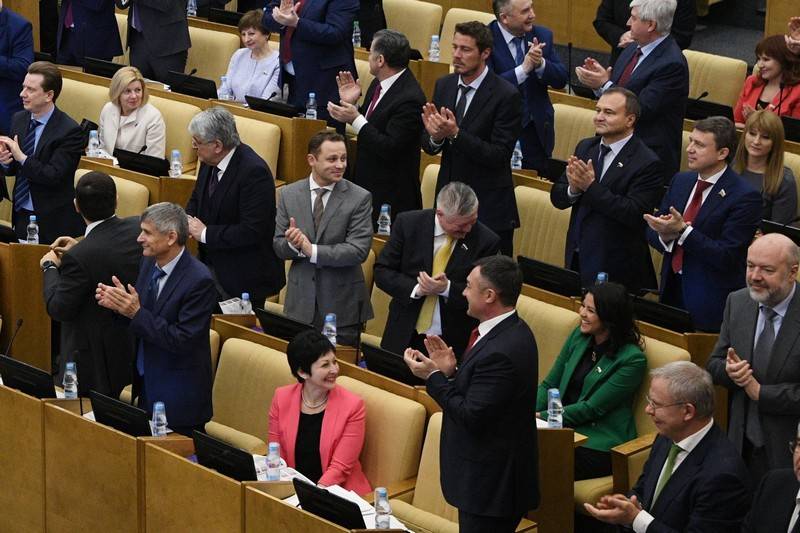When any serious social problems arise, we all unanimously begin to repeat that officials: district, city, federal, are obliged to understand and help solve the situations that have arisen.
Official statuses
All citizens who have managerial powers and who are in the service of state bodies must have a clearly organized subordination system. A public official is, first of all, a person who is responsible to higher authorities. Higher managers have the inalienable right to change the old rules or create new ones. And lower-level managers are required to obey.
The status of officials may vary. It depends on the responsibilities that they perform. For example, an official whose job is to organize and distribute work issues should follow orders given by management from above. The results of this work are regulated by various acts only within the framework of the Legislation. Powers expire at the end of the service life.
There is another category of officials — those with public administrative responsibilities. This category includes workers of the municipality and people who are not directly dependent on work. Such leaders may issue binding orders for ordinary citizens and organizations.
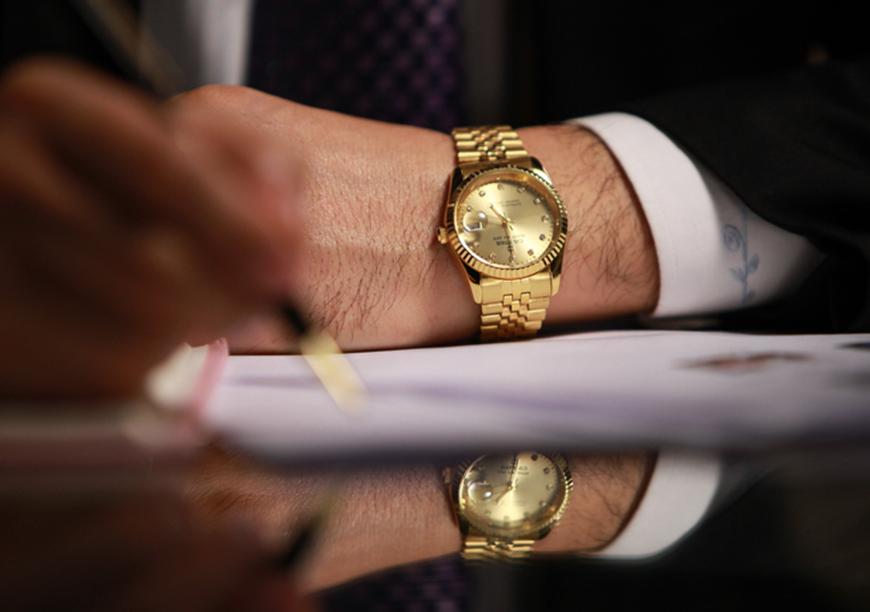
Public Responsibility of Officers
However, among such people there is a special category of people, which is always under the gun of tens of millions of eyes - this is a public official. Consequently, they have more responsibility, and for the risks they answer the most expensive that they have - their reputation and their social status. Various problems, checks of enterprises, decision-making - all this the public puts on the shoulders of people who have power. When emergencies occur, the first responsible persons are the leaders of the local administration, for example, the heads of districts or districts. They are always in touch with citizens and the first to resolve issues that require immediate action. They report to senior executives.
How to identify a public official
To begin with, we will determine who this is - a public official. From the school bench from the weekly lessons of "Fundamentals of State and Law", it can be remembered that officials, firstly, can either be appointed as supervisors from above or be elected by the total number of positive votes for posts in the administrative, legislative, judicial, and executive spheres. The position held may be paid, or may be arranged at no cost.
Secondly, public persons include people who provide any public services or perform any public function for the benefit of society. But, for example, the author of this article, which is seen by hundreds of readers, is not a public official, since he does not occupy any managerial position or post in the administrative, executive or legislative spheres.
The official has universal significance for the legislation of the Russian Federation. The term is equally used both in the field of law and legislation, it applies not only to municipal and state employees. A public official is, in addition, a definition term for persons who work in non-governmental enterprises and organizations.
However, it is worth saying that the Legislation still does not give a complete accurate assessment of the term used, since so far there is no definition that is uniform for all areas. This creates some problems.
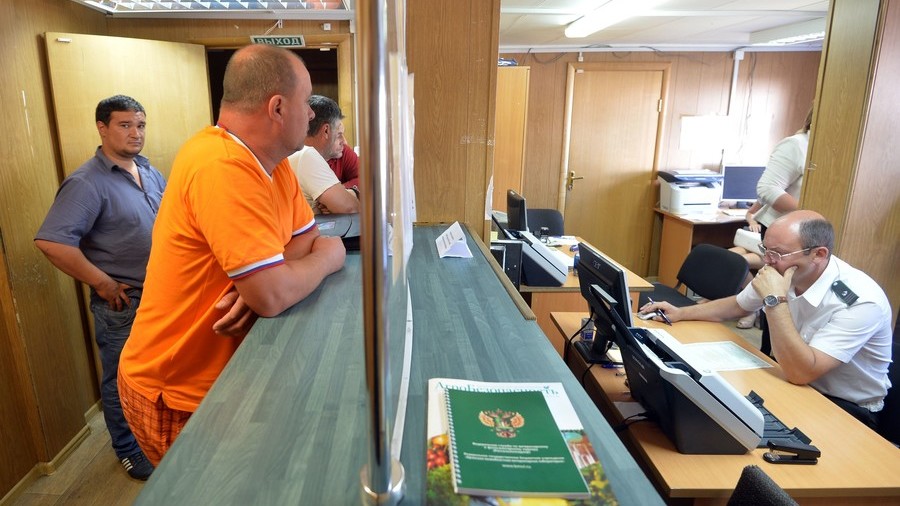
Who are foreign officials?
The Russian Federation, as a secular state, has many international ties. A large number of Russian organizations and companies in industrial, agricultural and domestic spheres have close trade relations with colleagues from other states. Similarly, representatives of foreign companies can use the necessary services in Russia. Particularly accurate information is required to provide banks of different levels.
So, to the international public official include, first of all, the presidents and representatives of the royal dynasties, the first persons who represent their country in the international arena.
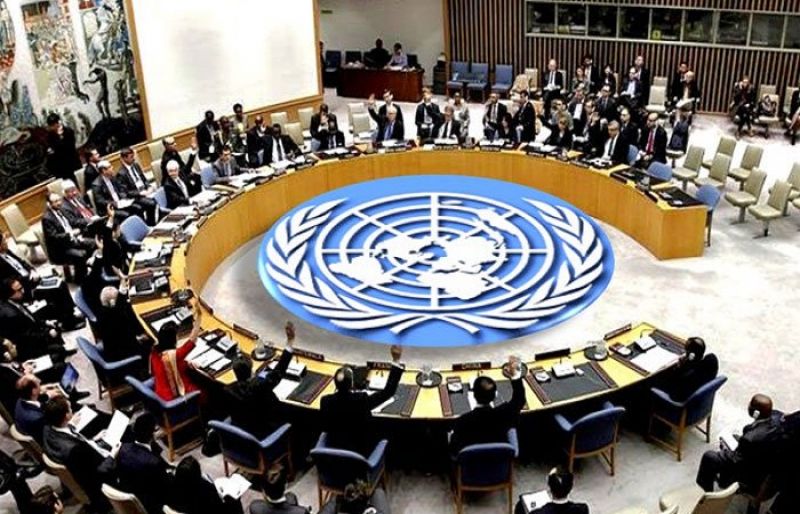
Important international players are heads of state-owned large companies and corporations. In their hands concentrated management of impressive resources. As well as representatives of the supreme executive power - judges, on whose decision there is no opportunity to appeal, the heads of religious organizations that take part in the decision of state, military or court cases.
The list of public officials also includes leaders of political parties, bank leaders, and top military leaders. This also includes ambassadors and representatives of humanitarian organizations.
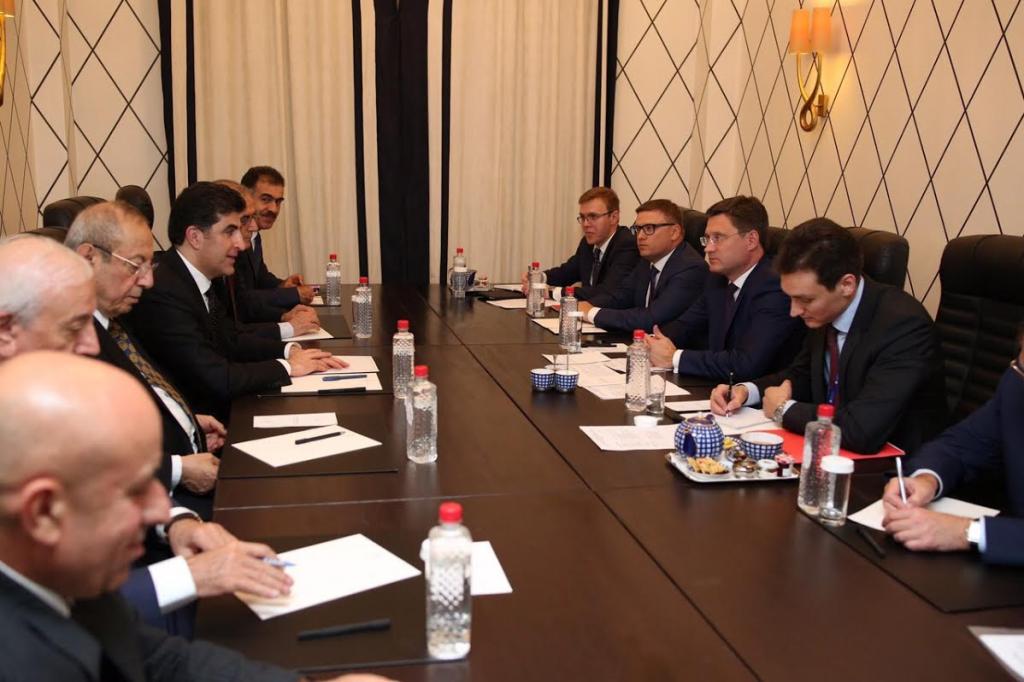
Public persons of the Russian Federation
The list of Russian public officials is very extensive. The activities of many of them are regularly covered in the federal media - on television, in newspapers and on the radio. These include:
- President of Russian Federation;
- Prime Minister;
- Deputy Chief of Staff of the Government;
- supreme judge of the Russian Federation;
- deputy judge;
- Extraordinary Ambassador of the Russian Federation, endowed with all powers on behalf of the President of Russia in the territory of foreign states;
- judge of the federal court;
- deputy judge of the federal court;
- Attorney General of Russia;
- Chairman of the Accounts Chamber;
- Head of the Central Bank of Russia;
- First Deputy and Advisor to the Chairman of the Bank;
- prosecutors of the constituent entities of the Russian Federation;
- the highest military ranks of the Russian Army;
- federal ministers, as well as heads of bodies and organizations working under the Government of the Russian Federation;
- this list also includes the spouse of the official and close relatives.
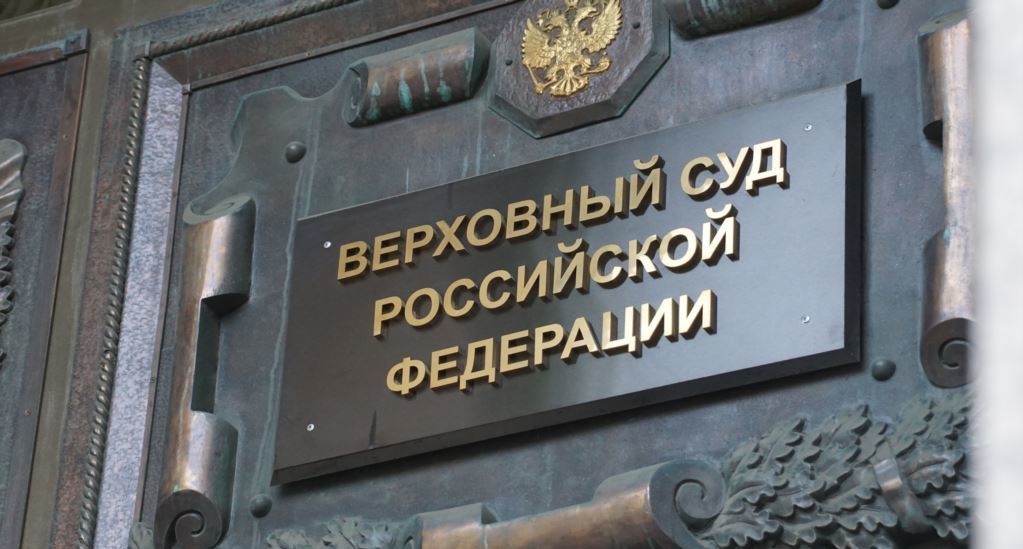
Anti-corruption
A public official is a person in whose hands power is concentrated. Therefore, there are international organizations that control their activities. The most famous structure is the United Nations - UN. All participating countries have signed an agreement, which obliges all internal state structures to fight at all levels with the main problem - corruption, and also determines the methods of struggle, the positions that an official should not own.
